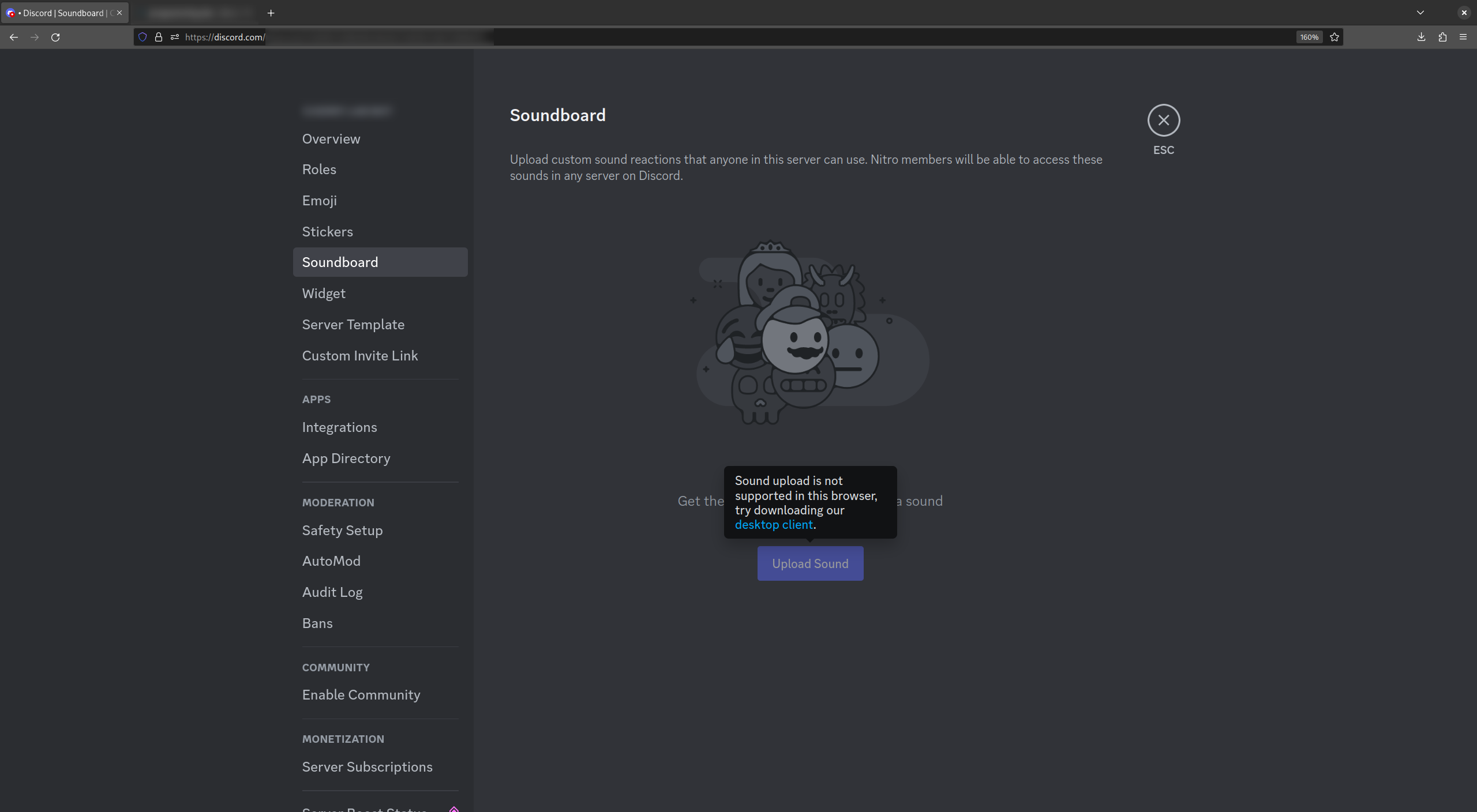this post was submitted on 15 Aug 2023
629 points (88.8% liked)
Technology
63189 readers
6540 users here now
This is a most excellent place for technology news and articles.
Our Rules
- Follow the lemmy.world rules.
- Only tech related content.
- Be excellent to each other!
- Mod approved content bots can post up to 10 articles per day.
- Threads asking for personal tech support may be deleted.
- Politics threads may be removed.
- No memes allowed as posts, OK to post as comments.
- Only approved bots from the list below, to ask if your bot can be added please contact us.
- Check for duplicates before posting, duplicates may be removed
- Accounts 7 days and younger will have their posts automatically removed.
Approved Bots
founded 2 years ago
MODERATORS
you are viewing a single comment's thread
view the rest of the comments
view the rest of the comments

Electron is an unholy fusion of Chromium and Node.JS. Nothing more, nothing less. It doesn't 'just happen' to use HTML and CSS. It's literally just a browser with most of the default browser UI being hidden. Something like React Native would better fit your definition.
It's not literally just a browser. It's literally just a web engine with a full set of OS calls hooked in. It is not a browser in the same way GNOME is not an OS. A browser comes with a whole lot more than a web engine, so calling it "a browser" is wrong both technically and colloquially.
Electron docs
Electron is so much more than "just a web engine with a full set of OS xalls hooked in". Ultralight and Sciter are frameworks that actually just happen to use HTML, CSS and JavaScript for UI development. They aren't fully-fledged web browsers without a search box, they are tailor-made for app development.
Yea, that was less ideal word choice by me. The point is that part is ONLY an html/css engine, not a sandbox and web api implementation plus tons of extras and plugins like a browser.
Very, VERY different animals, even if it used the exact same rendering engines as a browser.
I'm on my lunch break from working on a React Native codebase, and I wouldn't say RN fits that definition at all... but I think we're just getting lost in semantics.
My point was just that a web app running inside a browser has to abide by the rules and limitations set by the browser, whereas Electron flips that relationship -- your app sets the rules and limitations of what can be done, and the web rendering process abides by whatever environment you create. You can do anything the OS permits. Even from inside a web context, if you want. You don't need a browser-managed sandbox to mediate your interactions with the OS.